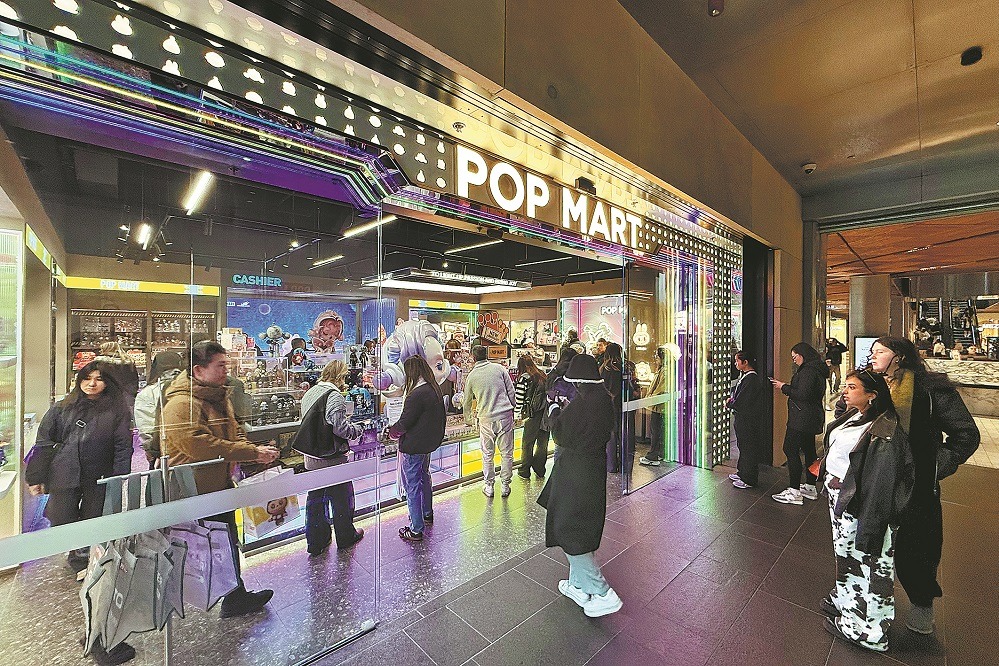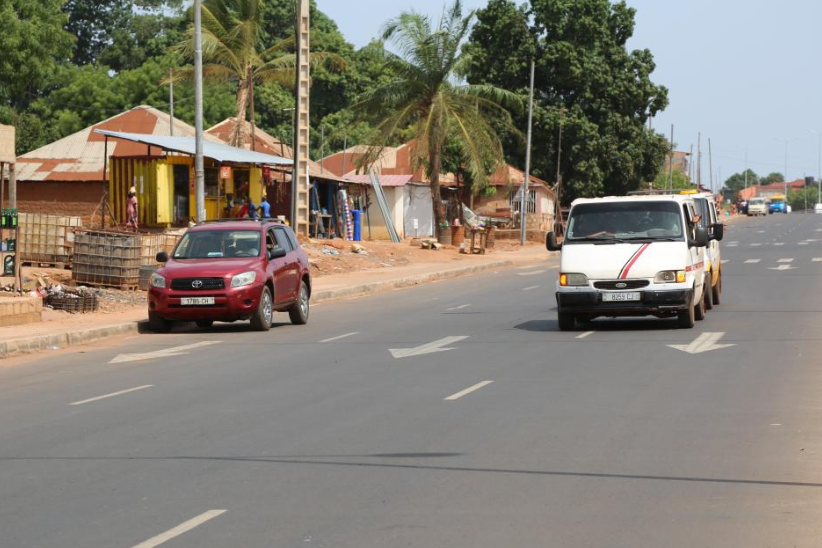Nigeria urged to ban chaining for mental health patients

Human Rights Watch, an international non-governmental organization headquartered in New York City, has urged the government of Nigeria to ban chaining of people with mental health issues.
In a report published on Monday, the organization called on the government to urgently investigate chaining in state-owned rehabilitation centers, psychiatric hospitals and faith-based and traditional healing centers in all 36 states and the Federal Capital Territory.
The organization urged the government to prioritize the development of quality, accessible and affordable community-based mental health services. Currently, the country has fewer than 300 psychiatrists for an estimated population of over 200 million.
According to the report, thousands of people with mental health conditions across Nigeria are chained and locked up in various facilities where they face terrible abuse.
Emina ?erimovi?, senior disability rights researcher at Human Rights Watch, said people with mental health conditions should be supported and provided with effective services in their communities, not chained and abused.
"People with mental health conditions find themselves in chains in various places in Nigeria, subject to years of unimaginable hardship and abuse," ?erimovi? said.
Human Rights Watch interviewed 124 people, including 49 chaining victims and their families, staff in various facilities, mental health professionals and government officials. The names of the victims have been changed to protect their safety.
The rights organization said deep-rooted problems in Nigeria's healthcare and welfare systems leave most people unable to get adequate mental health care or support in their communities.
Additionally, stigma and misunderstanding about mental health conditions, including the misperception they are caused by evil spirits or supernatural forces, often prompt relatives to take their loved ones to religious or traditional healing venues.
Human Rights Watch found people with actual or perceived mental health conditions, including children, are placed in facilities without their consent, usually by relatives.
In some cases, police arrest people with actual or perceived mental health conditions and send them to government-run rehabilitation centers. Once there, many are shackled with iron chains around one or both ankles, to heavy objects or to other detainees, in some cases for months or years.
"They cannot leave. They are often confined in overcrowded, unhygienic conditions, and are sometimes forced to sleep, eat and defecate within the same confined place. Many are physically and emotionally abused as well as forced to take treatments," the report alleged.
Adults and children in some Islamic rehabilitation centers reported being whipped, causing deep wounds. On the other hand, people in Christian healing centers and churches described being denied food for up to three days at a time, which staff characterized as "fasting" for "treatment" purposes.
The victims were also forced to eat or drink herbs, in some cases with staff pinning people down to make them swallow.
In psychiatric hospitals and government-run rehabilitation centers, staff forcibly administered medication, while some staff admitted to administering electroconvulsive therapy to patients without their consent.
In some cases, families took children or young adults to religious and traditional rehabilitation centers for actual or perceived drug use or "deviant" behavior, including skipping school, smoking tobacco or marijuana or stealing from their parents. Some children in the facilities, many as young as 10, have been abandoned by their families.
"President Buhari denounced chaining as torture, but it's not enough to raid these centers and shut them down," ?erimovi? said. "People rescued from these desperate conditions and other Nigerians experiencing psychological distress should have access to proper psychosocial support and mental health services."
In 27 of 28 facilities Human Rights Watch visited, all residents had been unlawfully detained. They did not enter the facilities voluntarily and could not leave if they wished to do so.
The report recommends conducting a public information campaign to raise awareness of mental health conditions and the rights of people with disabilities, especially among alternative mental health service providers and the broader community, in partnership with people with experiences of mental health conditions, faith leaders and the media.?

































